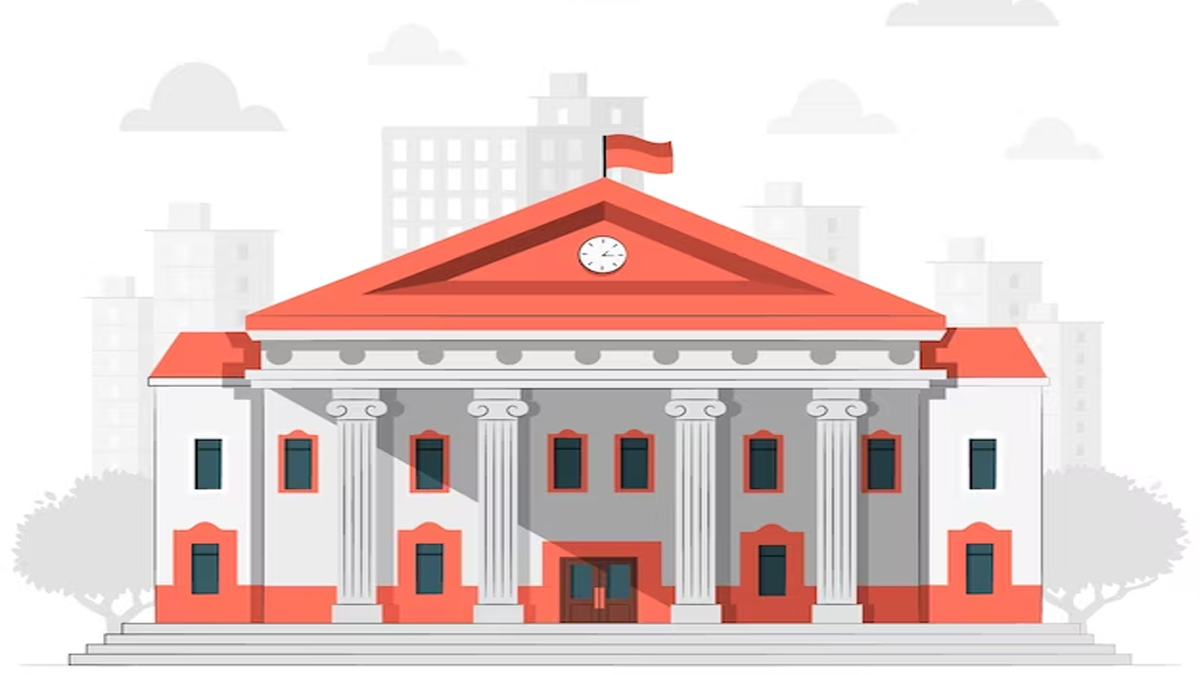Article 352 – National Emergency:
1. Impact on the Nation:
- Suspension of Fundamental Rights: One significant impact of a National Emergency is the suspension of certain fundamental rights guaranteed by the Constitution. The extent of suspension can vary, but it is aimed at allowing the government to take necessary measures for addressing the emergency situation.
- Centralization of Power: The central government gains more authority, and it can give directions to the states on various matters, essentially centralizing power during the emergency period.
- Parliamentary Approval: The proclamation of a National Emergency requires parliamentary approval, providing a check on the potential misuse of emergency powers.
2. Requirements for Proclamation:
- Threat to Security: The President can proclaim a National Emergency if there is a threat to the security of India due to war, external aggression, or armed rebellion.
- Advice of the Cabinet: Before issuing the proclamation, the President is required to obtain written advice from the Cabinet of Ministers.
3. Instances of National Emergency in India:
- 1962 – Indo-China War: The first instance of a National Emergency was in 1962 during the Indo-China war.
- 1971 – Indo-Pakistan War: A National Emergency was declared during the Indo-Pakistan war, which eventually led to the creation of Bangladesh.
- 1975-1977 – Internal Disturbances: The most controversial period of the National Emergency occurred from 1975 to 1977 when it was declared citing “internal disturbances.” This period saw significant curtailment of civil liberties, media censorship, and political detentions.
4. Parliamentary Approval and Duration:
- The proclamation must be approved by both Houses of Parliament within one month.
- The initial proclamation is valid for six months but can be extended through subsequent parliamentary approvals.
- The President can revoke the proclamation at any time.
5. Judicial Review:
- The actions taken during a National Emergency are subject to judicial review. The Supreme Court can examine whether the conditions justifying the proclamation were met and if the President’s actions were in accordance with the Constitution.
Conclusion:
Article 352 of the Indian Constitution provides a mechanism for dealing with situations of grave emergency threatening the security of the nation. The declaration of a National Emergency is a serious step, and its use is subject to checks and balances to prevent misuse. The history of National Emergencies in India includes instances related to armed conflicts, and it is a critical aspect of constitutional governance in times of crisis. For the most up-to-date information on National Emergencies, it is advisable to check the latest sources.
